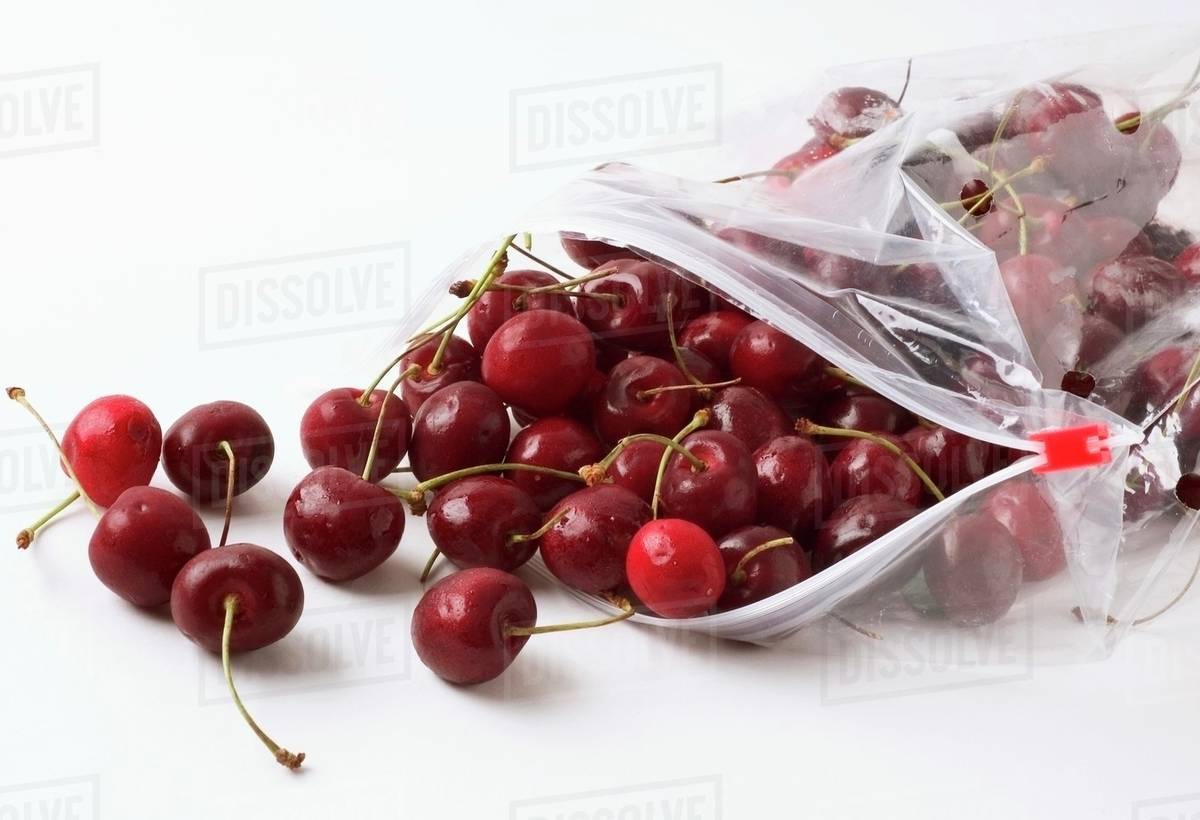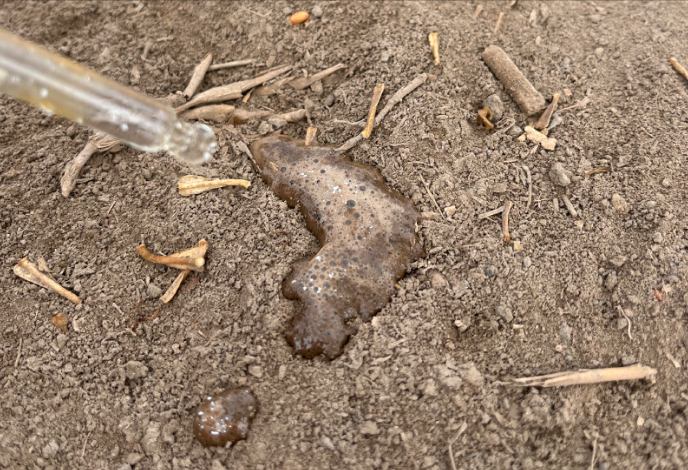Soil-transmitted diseases, including crown gall caused by tumorigenic microorganisms such as Agrobacterium and Rhizobium, threaten to undermine cherry orchard productivity. Grafting, transgenic approaches, chemical agents and biocontrol by beneficial microorganisms are some of the many strategies that have been devised and implemented to manage crown gall disease.
Among these, grafting is an effective method to suppress soil-borne pathogens or insects and has also been successfully employed in the past, e.g. to eradicate phylloxera on grapevines. A growing body of evidence shows that plants establish symbiotic relationships with beneficial microorganisms through the root exudates released in the rhizosphere to combat diseases.
Both low molecular weight and high molecular weight compounds are present in root exudates. The first group is more diverse and contains amino acids, carbohydrates, organic acids, phenols and other secondary metabolites. Thanks to certain organic acids present in the root exudates, beneficial Bacillus strains are ‘recruited’ to hinder pathogen growth.
This is consistent with the idea that the rhizosphere microbiome and root exudates are essential for the regulation of crown gall disease; however, their functions in suppressing this disease in grafted plants are still uncertain.
In this study, researchers from the academies of agricultural and forestry sciences in Beijing (China) used the cherry cultivar ‘Haiying 1’ (Prunus pseudocerasus Lindl), which is extremely resistant to crown gall, and ‘Gisela 6’ (Prunus cerasus× P. canescens), a cherry cultivar susceptible to crown gall, for grafting.
Initially, the reconstituted soil microbiota was analysed in relation to changes in pathogen abundance, root exudate composition and soil microbiota in different grafted plants with different root exudates.
The researchers then screened for potential compounds responsible for reducing pathogen abundance and evaluated the concentrations of key compounds in the root exudates and their effects on pathogen strains. Grafting onto disease-resistant rootstock resulted in a decrease in the abundance of pathogenic Agrobacterium, as well as an alteration of root exudation, an enrichment of potential beneficial bacteria and a change in soil function.
The plant grafted onto a resistant rootstock was found to contribute to a decrease in Agrobacterium abundance, enrich some potential beneficial bacteria and suppress crown gall disease by reducing the amino acid valine in root exudates. This investigation clarifies the mechanism by which grafted plants suppress soil-borne diseases.
In summary, the results indicate that seedlings grafted onto resistant rootstocks are more likely to reduce pathogen abundance in the soil. Furthermore, modified root exudates may be instrumental in the regulation of the soil bacterial community and resistance to crown gall disease.
The decrease of valine in the root exudates of plants grafted onto resistant rootstocks was found to be a critical factor in reducing the abundance of pathogenic Agrobacterium in the soil, among these altered root exudates. Therefore, resistant plants used as rootstocks but not as scions would be more effective in resisting the disease.
This research is significant in that it offers a comprehensive understanding of the mechanism by which grafted plants suppress soil-borne diseases.
Source: Lin Chen, Lusen Bian, Qinghua Ma, Ying Li, Xinghong Wang, Yunpeng Liu, Defensive alteration of root exudate composition by grafting Prunus sp. onto resistant rootstock contributes to reducing crown gall disease, Horticulture Research, Volume 11, Issue 4, April 2024, uhae049, https://doi.org/10.1093/hr/uhae049
Image: Plantsdb
Melissa Venturi
University of Bologna (IT)
Cherry Times - All rights reserved










